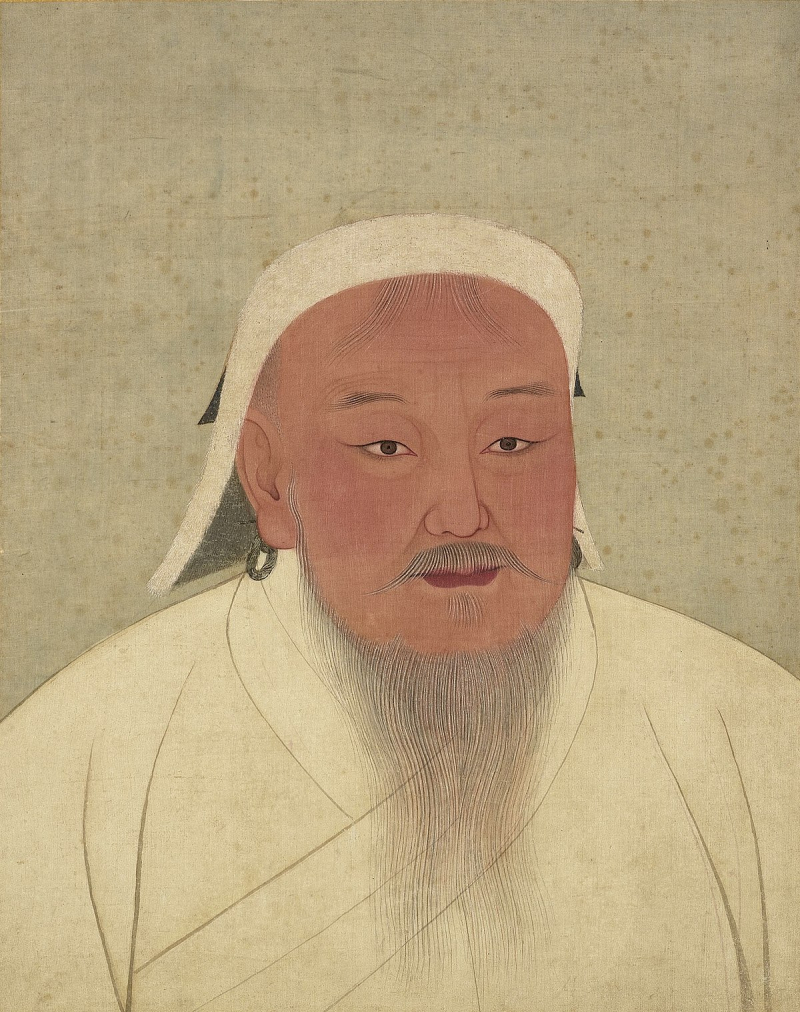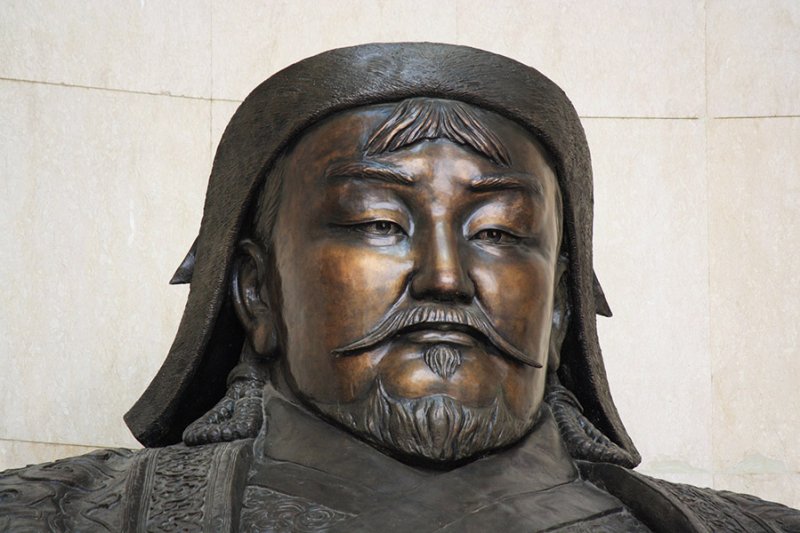Genghis Khan (1206 AD–1227 AD)

Genghis Khan, who is frequently referred to as "the conqueror of the world," established the Mongolian Empire. He was the first great khan of the empire, ruling from 1206 to 1227, and the empire continued to prosper for many years after his passing.
The violence with which Genghis Khan treated citizens earned him the nickname "the murderous emperor". By expanding it, he made the Mongolian Empire the biggest empire in Chinese history. Throughout his leadership, he attacked a number of important Asian and Eurasian territories, and nearly every invasion resulted in the murder of thousands of citizens. This is how he developed such a terrifying reputation.
Despite his reputation for cruelty, Genghis Khan contributed greatly to society throughout his rule. The creation of Mongolian law and the widespread adoption of the Uyghur script as a writing system was among Genghis Khan's civic accomplishments in addition to his military victories. He also followed meritocracy and the toleration of all religions. Because he brought together the nomadic tribes of Northeast Asia, modern-day Mongols revere him as the founder of Mongolia. He also substantially decreased communication and trade between Christian Europe, Muslim Southwest Asia, and Northeast Asia by establishing the Silk Road in a stable political climate. All of the Eurasian civilizations of the past had their cultural horizons expanded through global commerce. In addition, Genghis Khan created the first global mail service, and, as a result of his conquest of several states of diverse ethnicities, his administration witnessed extensive trade and cultural interaction.
In short, Genghis Khan:
- was the conqueror of the world, and established the Mongolian Empire.
- was the first great Khan of the empire, ruling from 1206 to 1227.
- the violence with which Genghis Khan treated citizens earned him the nickname "the murderous emperor".
- Genghis Khan also contributed greatly to society during his rule by creating his own writing system, promoting religion, and developing commerce through the Silk Road.
- Modern-day Mongols revere him as the founder of Mongolia.
















